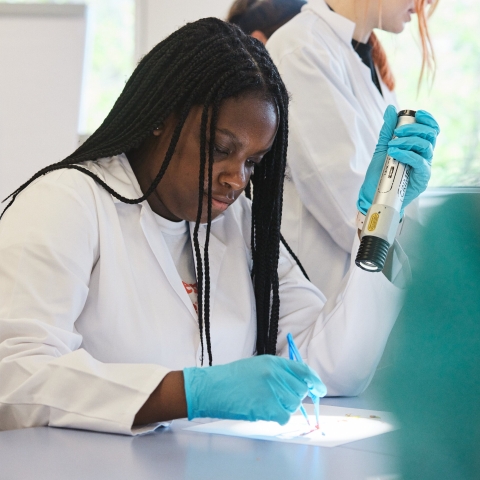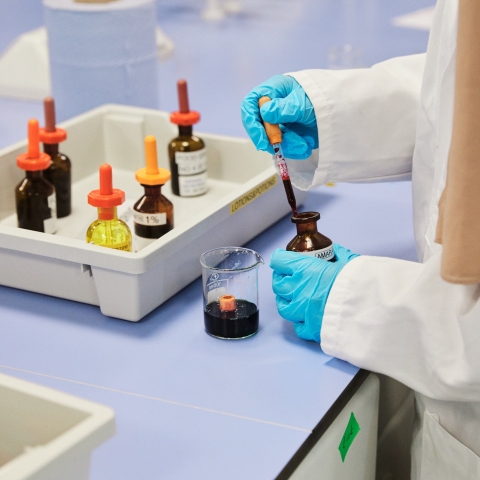
This career guide is designed to help University of Portsmouth students and recent graduates explore job options, key employers, and entry routes into the scientific research and analysis sectors.
As a scientist you might be undertaking fundamental research, developing the technologies of the future, making scientific ideas a commercially viable reality, developing and refining manufacturing processes, or innovating medical solutions - potentially having an impact on the lives of millions of people.
Areas of employment might include:
- academic research
- chemicals
- food science
- healthcare science
- life science
- materials science
- toxicology
You might also find opportunities in more commercial areas of the industry such as IT, finance, marketing and HR.
Many large science and pharmaceutical companies in the UK employ graduates, but you may also find roles in public sector bodies, universities and research organisations.
Explore the Scientific Research & Analysis Career Guide
Getting started in scientific research and analysis
Take the first steps to researching a career in scientific research and analysis.

Gaining experience in scientific research and analysis
Find out how to gain work experience in the industry during your studies.

Finding a job in scientific research and analysis
Explore different ways to secure employment once you graduate.

Enable University alerts
Turn on notifications for critical updates like closures, safety alerts, and urgent service disruptions.






